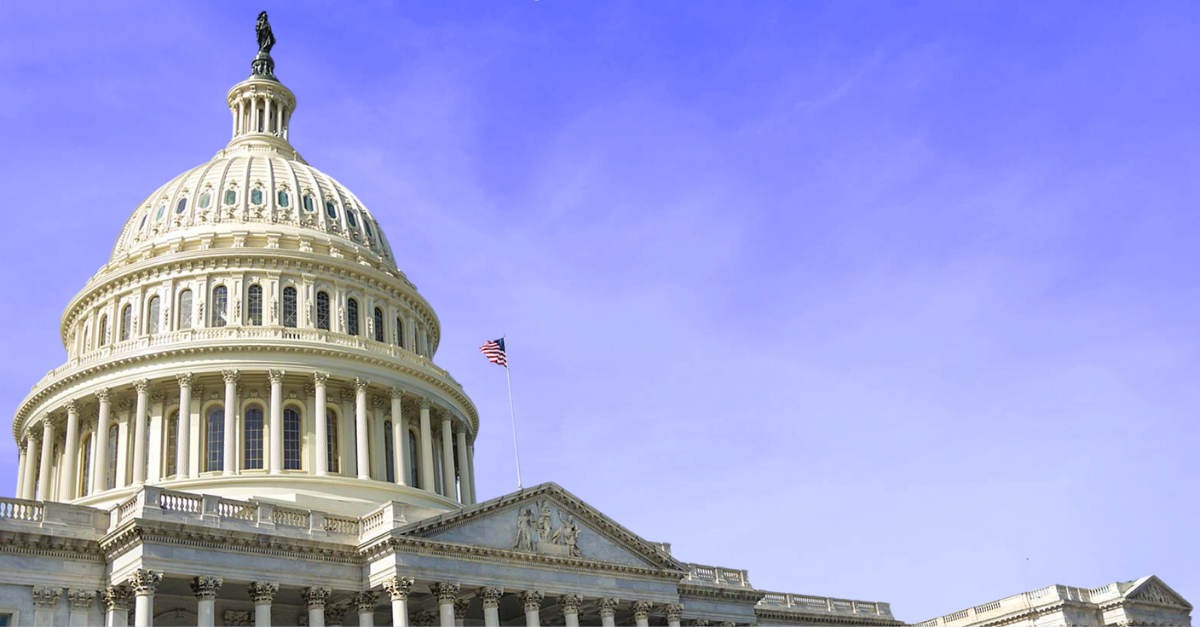Heightened Risk Standards: Focus on Trade Surveillance
Mitigating operational and market conduct risk

KPMG Insights:
- Supervision/Enforcements Coming: Expect increasing operational risk management expectations to be applied to the trade surveillance program.
- Breadth of Surveillance: Ensure a robust program for assessing trading activities across trading venues and platforms, and for varying scenarios of potential market misconduct.
- Oversight: Demonstrate effective Board oversight and risk management of the trade surveillance program.
- Monitoring: Establish sound routines for data reconciliation/quality, threat detection and ongoing monitoring and testing of trade surveillance and reporting.
_______________________________________________________________________________________________________________________________________
April 2024
As part of regulators’ focus on heightened risk standards, financial institutions are facing increased regulatory scrutiny in the management and oversight of trade surveillance programs. It is crucial for these institutions to understand regulatory expectations and requirements to implement robust compliance programs capable of effectively mitigating risks related to market conduct and trade activities.
Supervision/Enforcement
While the capital markets regulators are primary in areas of trade monitoring, reporting and surveillance, the prudential bank regulators also have expanded supervision of trade surveillance activities under their Safety and Soundness and Operational Risk authority. In keeping with existing risk management standards and frameworks, financial services regulators expect companies’ risk governance and risk management frameworks to incorporate policies and standards, credible challenge, and demonstrable evidence of dynamic risk assessment in support of the design, effectiveness, and sustainability of risk controls.
In addition to heightened supervisory efforts, there is an uptick in trade surveillance enforcement activities with allegations such as:
- Inadequately surveilling trading and order activities on trading venues, including systems or electronic platforms that are operated by investment firms or market operators that bring together third party buying and selling interests in financial instruments to conduct transactions.
- Operating a trade surveillance program without adequate data oversight, controls, and reconciliation processes to maintain an effective trade surveillance program.
- Lacking adequate governance, standards, and procedures over trading venues onboarding and management as well as gaps in venue coverage.
- Lacking updated product hierarchy, data requirements, and wireframes for enhanced new and modified venue activities and mapping to surveillance requirements.
With each of the above, regulators are looking at heightened expectations, including:
- Governance: Enforcement of policies and procedures to effectively surveil trading activities across trading platforms including eComms channels.
- Oversight: Demonstrable oversight of the board of directors, or committee, of a trade surveillance program.
- Risk assessments: Accurate and complete inventories and risk assessments of all trading venues including legal obligations.
- Data reconciliation: Implementation of automated data reconciliation processes, and compensating controls where automation is unavailable, that sufficiently assess the effectiveness and comprehensiveness of the trade surveillance program on an ongoing basis.
- Threat detection: Established trade surveillance scenarios and parameters designed to reasonably detect market misconduct.
- Monitoring: Measures to ensure routine and annual trade surveillance program monitoring, testing, and assessments, and subject to independent validation.
- Issues Management: Identification and resolution of non-surveilled trading activity and related market misconduct, alert disposition and case escalation and documentation.
Further, the following regulatory issuances are indicative of recent and ongoing supervision and rulemaking in the area of market structure and trade settlement, reporting, and surveillance:
Agency | Activity | Description | KPMG Regulatory Alert |
|---|---|---|---|
FRB | Identifies operational risk as a supervisory priority in 2024 and highlights expectations for banking entities of all sizes to implement governance and controls specific to areas of risk such as operational, third-party, Compliance, and market risk. | FRB Reports: Supervision and Regulation; Financial Stability | |
OCC | Highlights areas of risk related to:
| ||
SEC | Issues final amendments to the disclosure requirements of Rule 605 of Regulation NMS for executions of “covered orders” in national market system (NMS) stocks. Expands coverage to increase execution reporting entities, updates report contents, increases report accessibility, and allows customers of broker-dealers and other market participants direct information on aggregate broker-dealer executions. | ||
Outlines areas of examination focus assessing compliance with Regulation Best Interest (Reg BI), Form CRS, financial responsibility rules, and trading practices. | |||
Proposed rule to require companies to eliminate or neutralize the effect of certain conflicts of interest associated with the use of covered technologies in investor interactions. | “Covered Technologies” and Conflicts of Interest: SEC Proposal | ||
Proposed amendments to Regulation SCI that lay out obligations and requirements around the resiliency of technology infrastructure in the U.S. securities markets. Final Regulation SCI rule is anticipated in 2024. | |||
FINRA | Highlights regulatory obligations, considerations, and effective practices relating to “manipulative trading” and trade surveillance. | ||
2023 Report on FINRA’s Examination and Risk Monitoring Program | Added a new section, “Manipulative Trading” to areas of examination focus in 2023 and provides relevant findings and effective practices from oversight activities. |
Dive into our thinking:
Heightened Risk Standards: Focus on Trade Surveillance
Mitigating operational and market conduct risk
Download PDFExplore more
Get the latest from KPMG Regulatory Insights
KPMG Regulatory Insights is the thought leader hub for timely insight on risk and regulatory developments.
Meet our team



